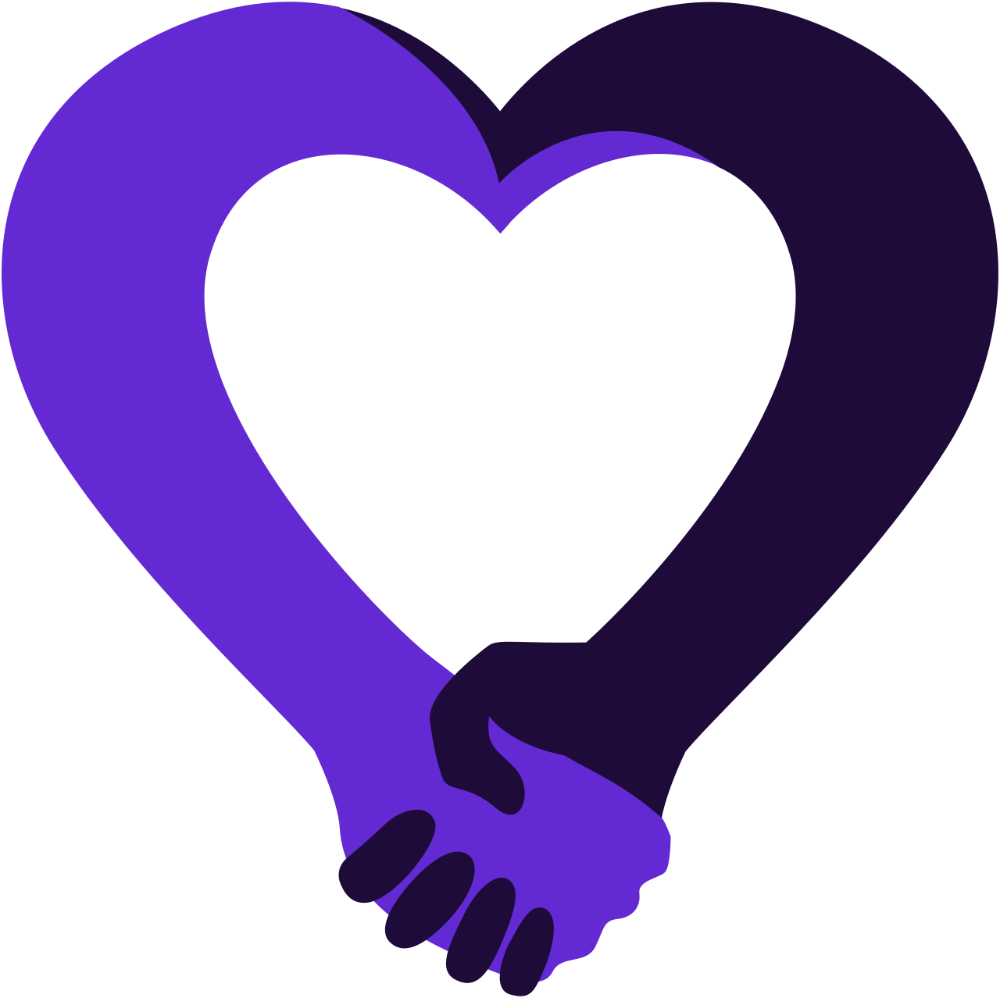What is a CAREfrontation? (And how to teach kids)
Nov 28, 2019


Navigating friendships is a big part of life, and for children and teens, it often feels like the BIGGEST part of their lives. Last week, I had a great experience leading a seminar for teens in Kuala Lumpur, Malaysia. After the seminar, several of the teens asked to speak privately about different issues they were struggling with.
Every single issue dealt with navigating a friendship.
Having a disagreement with a friend, feeling taken advantage of or "used," or not feeling accepted are just a few relationship issues that often compel teens (and kids) to feel extreme anxiety, want to avoid school or social settings, and even doubt their worth.
One of the methods that I often teach teens, and elementary school-aged children, is the art of the Carefrontation.
Having a Carefrontation and a Confrontation is not the same experience or intention and knowing this often helps younger people (and older ones) to feel more at ease.
The thing is, the idea of having a "confrontation" is scary for many. So, when we advise that a child or teen "have a conversation" about an issue with a friend, they're often thinking, "Whaaat? You want me to confront them?!" Then, all types of fears invite themselves to bask in the energy of that space. That's when you emphasize that you will teach them how to CARE-Front and not Confront.
Not Confrontation. CARE-frontation.

What is a Carefrontation?
(And how to explain it to the young people in your life)
A carefrontation is a confrontation that puts "care" first. That means that we are caring and loving when we have our discussion with a friend.
What is different about a confrontation and a carefrontation, is that in a confrontation, we often approach our friend with anger. We talk about what we are sad or angry about. Sometimes, we may not listen to their point of view or be ready to listen. A confrontation is often "You did this, and you did that."
A carefrontation is different. Firstly, you prepare a little before you have your carefrontation. Give yourself time to think and calm down.
How to prepare for a carefrontation:
Before a carefrontation, think about what you are upset about. It may also help to write things down.
You can start with, "My friend hurt me by____________," "I am sad because _____________," or "I feel sad every time _________."
Now, take some time to think about why your friend may be hurt. It may not have anything to do with you. Is there anything that upset them at home or at school? Put yourself in their shoes.
You can write about this, too. Start with, "These days, things are difficult for my friend because _______________," "Maybe I hurt my friend when I ________________," or "things changed between us when _______________."
Now, here is a big question: What do you need for this to be a good friendship for you? Do you still want to be friends with this person? If so, what would you like your friend to do differently?
You can write about this, as well. Start with, "From now on, I need my friend to _____________," "To have a healthy friendship, my friend should ______________," or "(This activity) needs to stop and instead we should try (This activity) to have a healthy and happy friendship."
Finally, It's time to think about what you will do differently. What will you try to also make your friendship a more beautiful and pleasant experience for your friend?
Will you be more patient? Will you be honest? Will you ask them if things are okay?
Just think about ways that you can help your friend. Then, when you have your CARE-Frontation, ask your friend, "How can I also make things better for you?"
Remember, put love first. Carefront. Don't Confront.

The Script:
_____________ I want you to know that I really value your friendship. So, I want to address some things that I feel are currently toxic and keeping us both from being our best.
It really upsets me when you ____________________________. When this happens, I feel ______________. In order for us to continue our friendship, I need ____________________________. I would also like to know any ways that I can be a better friend to you. Would you be willing to lovingly tell me what I could do differently or more of? Thank you so much (friend.) I feel so much better. I just have one more thing to ask. Would you mind if we both discussed our most important values in friendship so that we both know going forward? Thank you for being so understanding. I love you.


Need something simplified for your students or teens to have easy access to? Grab this graphic and send it to their phones. I often send graphics to the teens I'm connected to for them to have in a pinch.

Even if you regularly talk to the young people in your life about friendships, you can never have this conversation too often! Use this as a gentle nudge to ask them how their friendships are going and if they feel happy in each of their friendships.
Sending you loads of love,
~Gahmya

